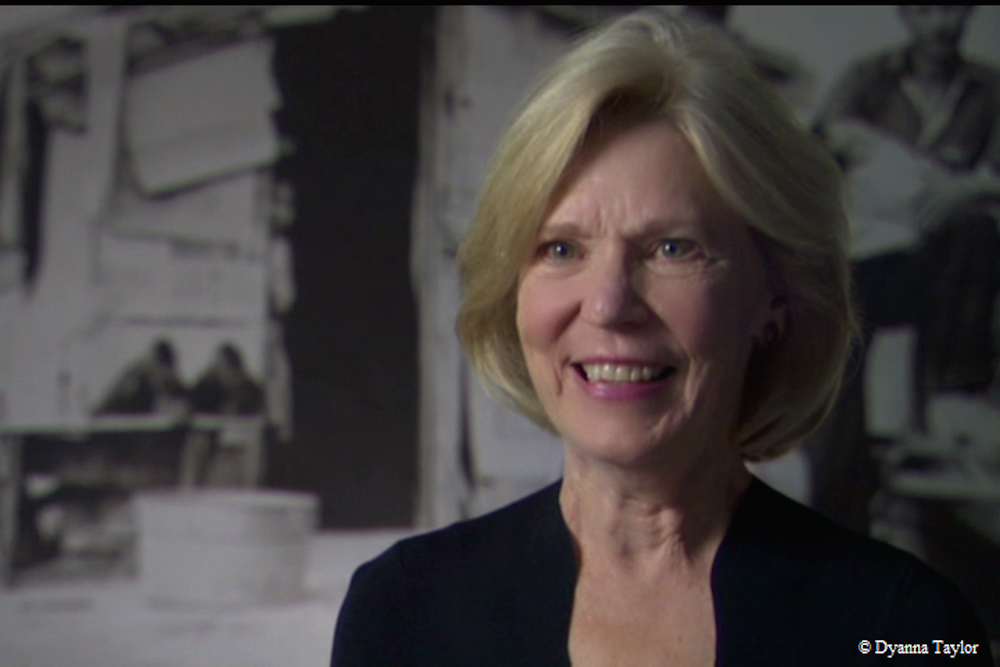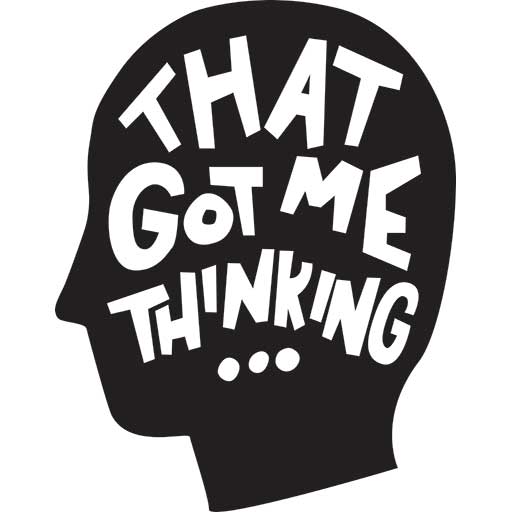
What Would Buddha Say About Our Free Market Economy?
Economist Clair Brown, Ph.D., thinks the answer is plenty. In her new book, Buddhist Economics: An Enlightened Approach to the Dismal Science, Professor Brown discusses her holistic approach to organizing the economy and accurately measuring its success. She embraces and solves for questions of values, sustainability and equity while advocating the replacement of pure materialism with more positive collective aspirations.
The free market system is well established, it’s efficient and it’s simple to learn. But there are terminal problems with it as a system and as an accurate indicator of the health of the nation. Not only are the required elements rarely in play but it ignores global environmental consequences and economic inequalities.
The markets alone can’t regulate the amount of pollution, poor agricultural processes, and water waste and damage. We need governmental regulations. People are interdependent globally and with nature. Yet our current economic system doesn’t take that into account. What we truly care about is how people are doing, not primarily their income, yet that’s not what’s currently measured. We’ve got the wrong measuring stick.
What we choose to assign value to makes a difference as to whether it’s “valuable” to our GDP and how our country is doing. Current GDP has no environmental degradation included and no consideration of the distribution of income – disparities are not illustrated. The current pie only represents what we buy, so more dollars spent equals more value, not happiness, not sustainability and not free time or enjoyment.
We’ve already got the answers. Carbon taxes diminish pollution and progressive taxation has been proven to be effective and not to diminish performance – it only affects the distribution of the pie, not how big it is. Yet we persist in ignoring the facts. In 2014, forty countries paid out a total of 160 billion dollars in fossil fuel subsidies, motivating companies to get as much fossil fuel out of the ground as possible. We are inadvertently our own worst enemy.
Other countries are doing better. It’s possible. With intention, focus and our eyes wide open, we can establish government policies that reflect interdependent values between one another and nature. We can foster a sustainable biosphere and equality. We can support developing countries to leapfrog to clean technology. We can create social norms that get people to live differently by changing what we value and what we measure. Because what we measure is how we determine our focus.
We must choose how much pollution and inequality we are willing to accept. Governments can structure markets to get basics for everyone and take care of the environment. The technology exists, we only need to commit.
